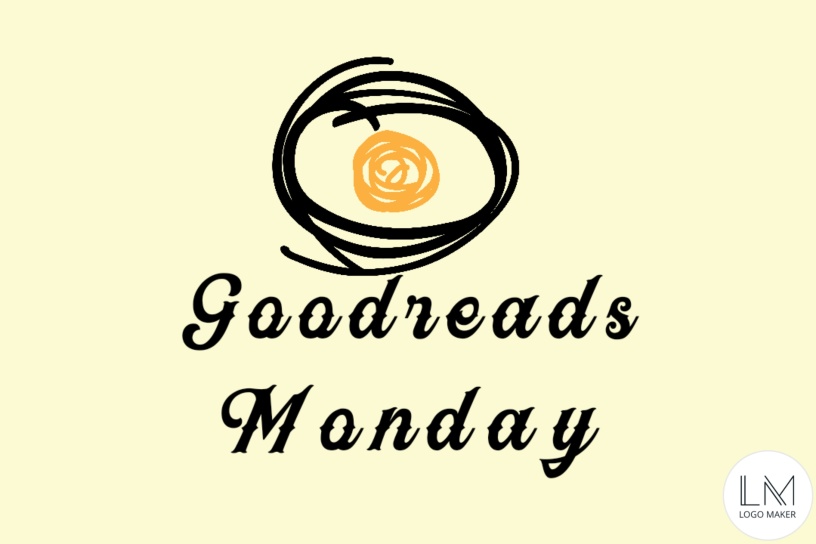Goodreads Monday is a weekly meme that was started by @Lauren’s Page Turners but is now currently being hosted by Emily @ Budget Tales Book Blog. This meme is quite easy to follow – just randomly pick a book from your to-be-read list and give the reasons why you want to read it. It is that simple.
This week’s book:
The River Ki by Sawako Ariyoshi
Blurb from Goodreads
The River Ki, short and swift and broad like most Japanese rivers, flows into the sea not far south of Osaka. On its journey seaward, it passes through countryside that has long been at the heart of the Japanese tradition. And it flows too past the mountains and the villages, past the dams, ditches and rice fields that provide such a richly textured backdrop to this novel.
Powerful enough to sweep away people on its banks and placid enough to carry along with its flow a sumptuous wedding procession, The River Ki dominates the lives of the people who live in its fertile valley and imparts a vital strength to the three women, mother, daughter and granddaughter, around whom this novel is built. It provides them with the courage to cope, in their different ways, with the unprecedented changes that occurred in Japan between the last years of the last century and the middle of this century.
Sawako Ariyoshi, one of Japan’s most successful modern novelists, describes this social and cultural revolution largely through the eyes of Hana, a woman with the vision and integrity to understand the inevitability of the death of the traditional order in Japan. Ariyoshi writes with a love for detail bound to a broader understanding of the importance of the geographical and biological forces that mold her characters-and the result is a story that flows with all the vitality of The River Ki itself.
Why I Want To Read It
Woah. The holidays are nearly over; for context, the Philippines has one added holiday because Araw ng Kagitingan (Day of Valor), traditionally celebrated on April 9 was commemorated today in what our previous president called holiday economics. This also means that I am about to travel back to the Philippines after spending the last eight days here in Japan. It was certainly an experience. It is my first solo international travel since 2018 and is also my first time here in Japan, a place I have been looking forward to for the longest time. It is also very special because I spent most of my time in the city I wanted to visit the most: Kyoto. Kyoto really lived up to my expectations. It is a city that mixes historical, cultural, and spiritual experiences into one. It has it all. I can’t wait to be back in this city, perhaps with some company.
Ah, yeah. Today is also a Monday which means a new work week is about to start. I hope everyone is in the mood to start working today (or tomorrow). More importantly, I hope everyone is doing well, in body, mind, and spirit. Kicking off another week of blogging is a new Goodreads Monday update. Goodreads Mondays have become part of a weekly ritual that has allowed me to plow through my (perpetually) growing reading list and reevaluate why these books are even part of my list. Because I am in Japan, I decided to feature works of Japanese literature in this Goodreads Monday update; I have also commenced a journey across this part of the literary world.
For this week, I am featuring Sawako Ariyoshi’s The River Ki. The reason why I wanted to read the book is that it comes highly recommended. It was tagged as a must-read work of Japanese literature. It is a work of historical fiction that details the story of three generations of women. Through the story of these three women, Ariyoshi captured the modern history of Japan. This is interesting, especially since I am reading my first novel by Ariyoshi, The Doctor’s Wife. Both books share some parallels, in particular, both books are works of historical fiction with women as the central characters. The Doctor’s Wife is actually drawn from a real historical figure. There might be some possibility that The River Ki was also inspired by actual historical figures.
It is not only from this angle that I am approaching this book. I have recently noted how Japanese literature of the 20th century was dominated by men, with Nobel Laureates in Literature Yasunari Kawabata and Kenzaburō Ōe as the frontrunners. They are joined by a prominent cast which included Shūsaku Endō, Yukio Mishima, and Jun’ichirō Tanizaki, among others. It is glaring how the Japanese female voice is missing, at least where translated works are concerned. The only other female Japanese writer from this era that comes to mind is Fumiko Enchi. It is only now that I am exploring this era of female Japanese writers. I am glad to note that contemporary female Japanese writers such as Mieko Kawakami and Sayaka Murata have been gaining international prominence.
How about you fellow reader? How was your Monday? What books have you added to your reading list? Do drop it in the comment box. For now, happy Monday and, as always, happy reading!


💛
LikeLike
My Monday wasn’t super exciting. I had an unexpected illness, so I didn’t read at all. But I’m hoping to start something new today.
LikeLike